Drones to Respond to 911 Calls
Imagine dialing 911 and seeing a drone at your doorstep instead of a Police officer. This futuristic scenario could soon be a reality in parts of Colorado’s Front Range. Several local law enforcement agencies are exploring the idea of deploying drones as First Responders to 911 calls. Even the Denver Police Department, traditionally resistant to drone use, is now launching its own program aimed at using drones for emergency responses, according to the Denver Post.
“This really is the future of law enforcement at some point, whether we like it or not,” said Sgt. Jeremiah Gates, head of the drone unit at the Arapahoe County Sheriff’s Office.
Expanding Drone Use in Policing
Arapahoe County is considering using its fleet of 20 drones to respond to certain 911 calls, either instead of or ahead of officers. Drones can be flown to incident locations to provide live video feeds to operators, who can then relay detailed information to responding officers. In some cases, drones might be the sole responders if it’s determined that officers aren’t needed on the scene.
Advantages of Drone Deployment
Drones can arrive at scenes faster than officers, bypassing traffic and providing immediate situational awareness. They can help track fleeing suspects, assist in SWAT operations, or search for missing persons. Sgt. Gates envisions drones being used for various tasks, from checking on suspicious vehicles to monitoring broken traffic lights.
“I could fly the drone over (a reported suspicious vehicle) and say, ‘Hey, that vehicle is not out of place,’ and I never had to send an officer over to bother them,” Gates explained. “It’s saving resources.”
Privacy and Surveillance Concerns
Despite the potential benefits, the increased use of drones in policing raises privacy concerns. Laura Moraff, a staff attorney at the American Civil Liberties Union of Colorado, worries about the implications for First Amendment activities and the potential for over-policing.
“We’re worried about what it would mean if drones were really just all over the skies in Colorado,” Moraff said. “Being surveilled by law enforcement, including by drones, can change the way people speak and protest.”
Current Drone Programs in Colorado
Many Front Range agencies already use drones for various tasks. In total 20 agencies are using a total of 166 drones, reports the Denver Post.
Practical and Regulatory Challenges
The use of drones in policing faces practical barriers, such as limited range, high costs, and stringent FAA regulations. Drones must often remain within an operator’s line of sight, adding to the complexity of their deployment.
Denver’s Drone Program
The Denver Police Department is using a $100,000 grant to jumpstart its drone program, aiming to reduce response times and improve crime-solving efficiency. The long-term goal is to have drones stationed across the city, ready to respond to critical needs.
Phil Gonshak, director of Denver’s Strategic Initiatives Bureau, highlighted the benefits: “We would never simply replace calls-for-service response by police officers. But if a drone can determine there is no threat, we can reroute officers to more urgent calls.”
Transparency and Community Involvement
Transparency is crucial for the success of these programs. Law enforcement agencies must be clear about their drone use policies and listen to community concerns. Some cities, like Chula Vista, California, have set precedents by publicly posting drone flight details and involving residents in privacy oversight.
DroneXL’s Take
The integration of drones into law enforcement as first responders represents a significant shift in public safety strategy. While there are undeniable benefits in terms of efficiency and resource management, the concerns about privacy and over-surveillance cannot be ignored. For this technology to be widely accepted, police departments must prioritize transparency, ensure strict adherence to Legal standards, and actively engage with the communities they serve.
Drones have the potential to revolutionize policing, but only if implemented with careful consideration of their impact on civil liberties and community TRUST.
Discover more from DroneXL
Subscribe to get the latest posts to your email.

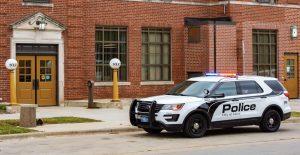


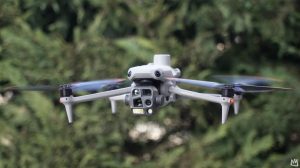


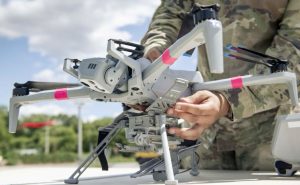

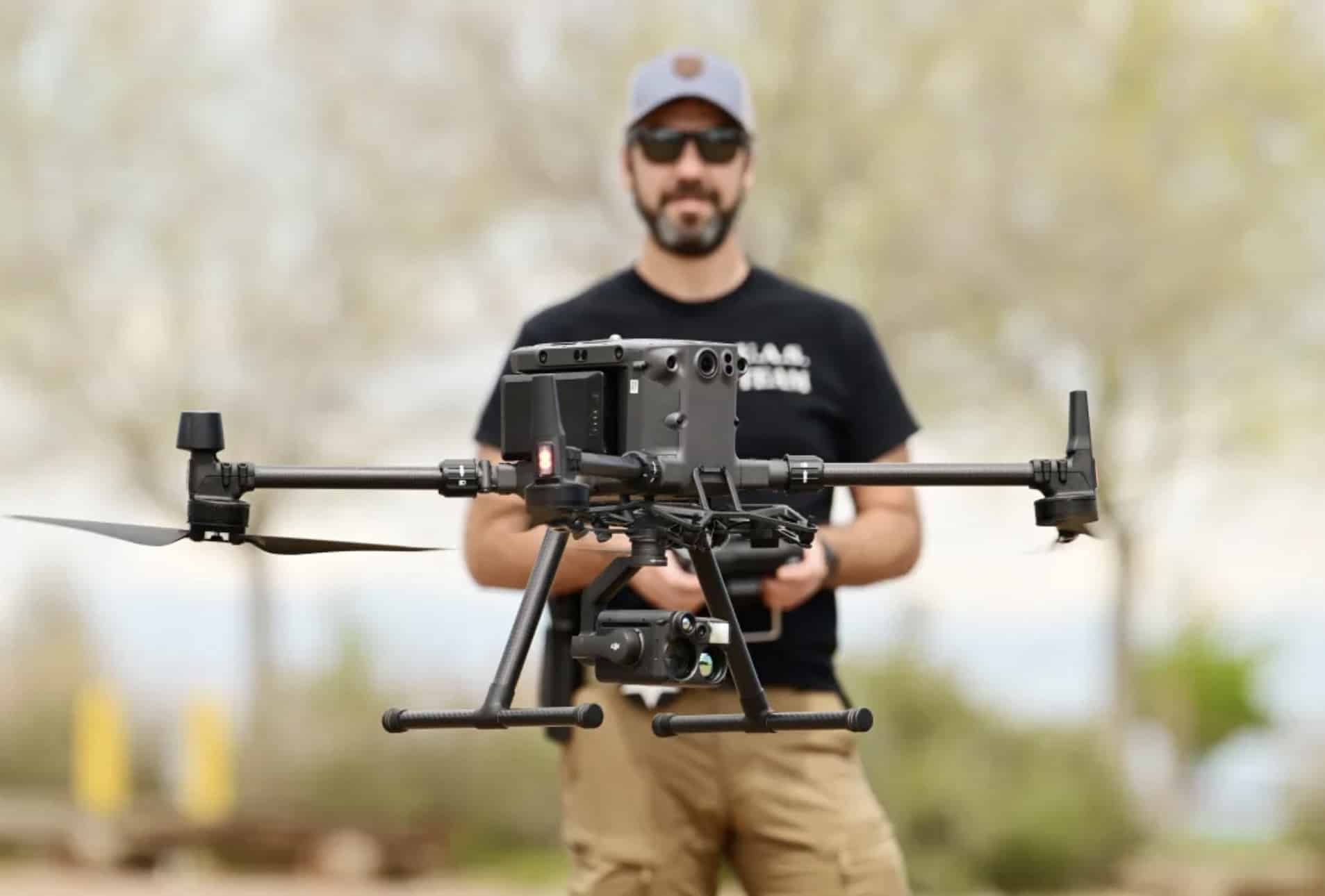

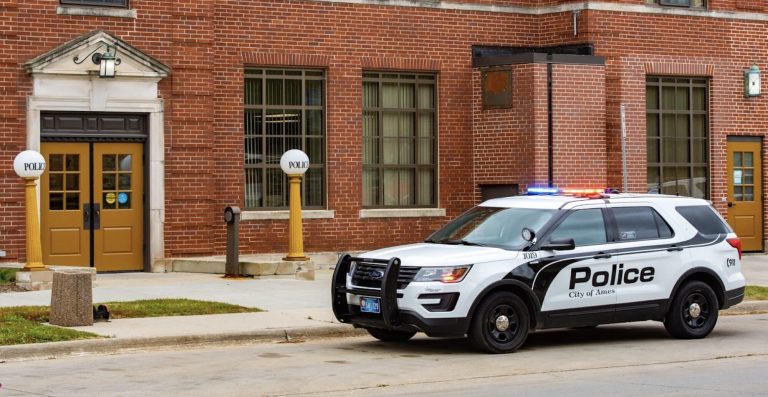




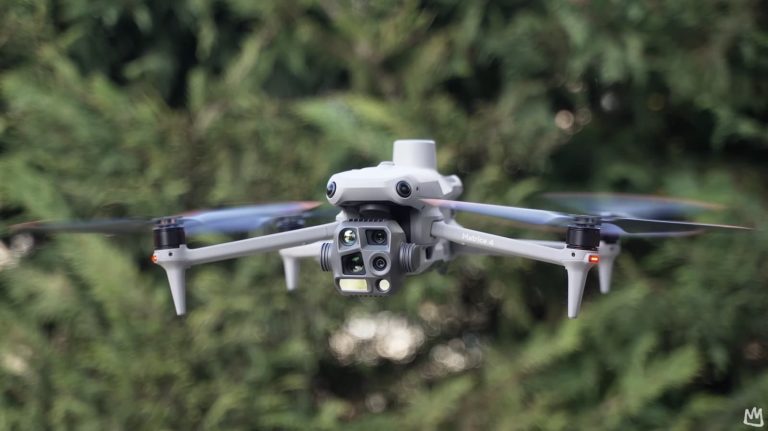

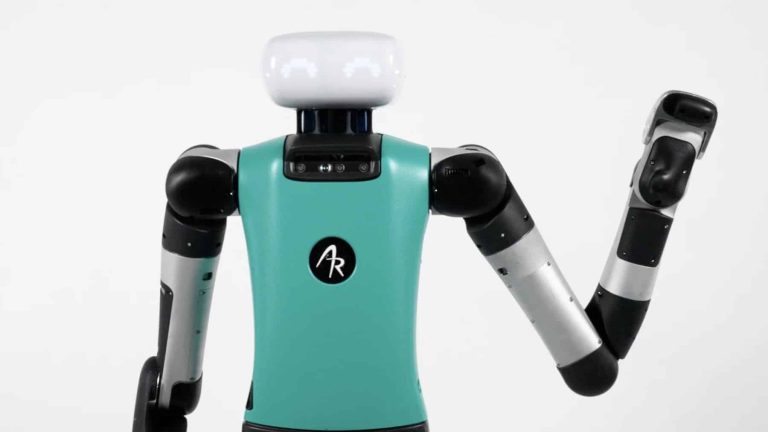
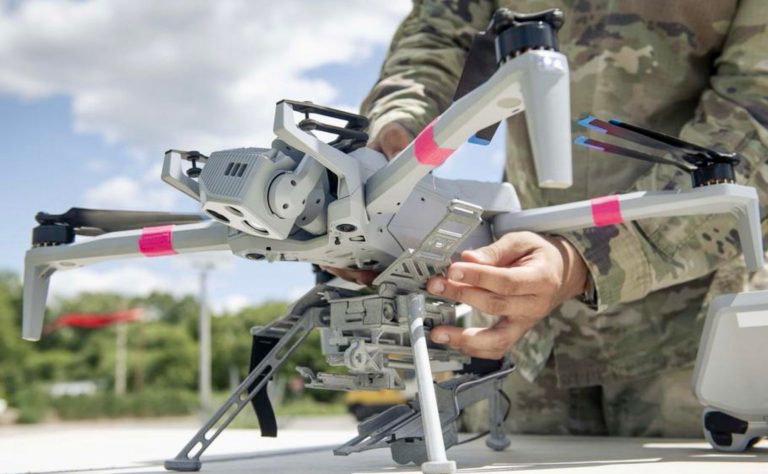
+ There are no comments
Add yours